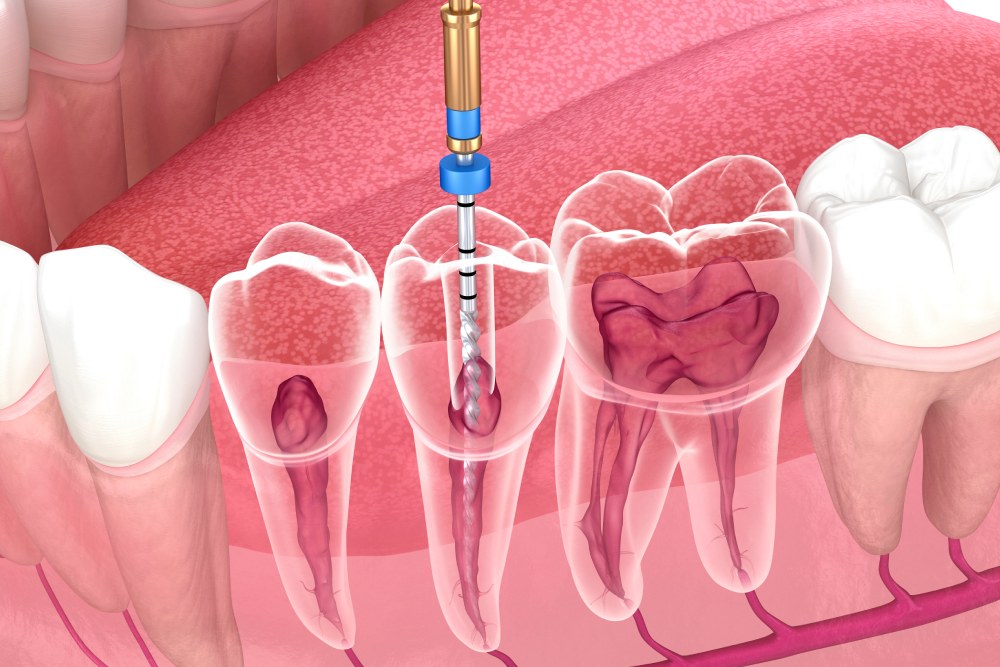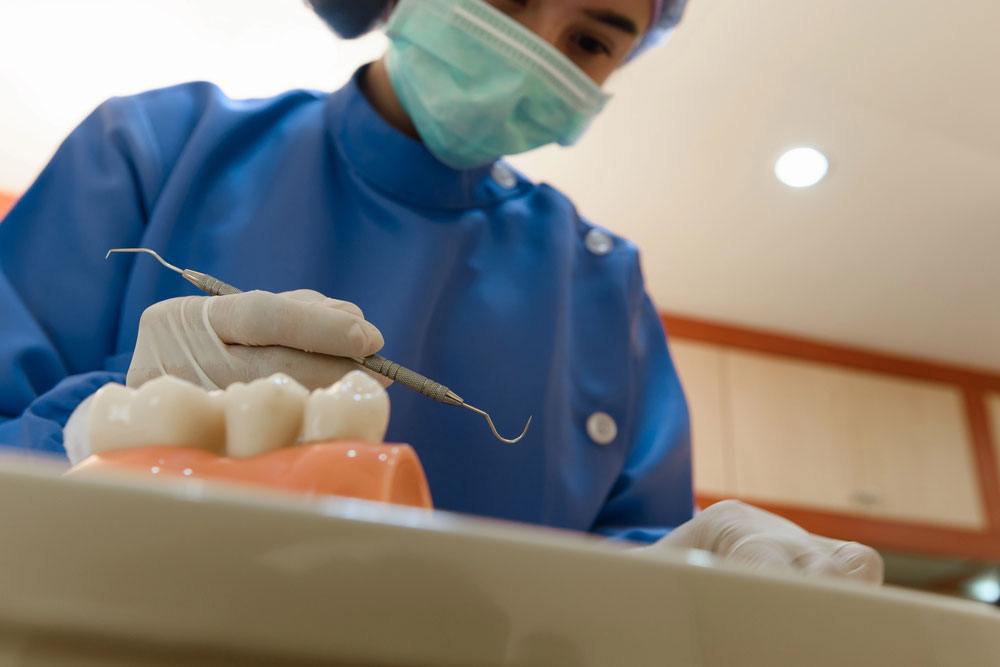
Tooth Extraction Or Root Canal? How To Choose The Right Treatment
Tooth extraction or root canal decisions can feel overwhelming, especially when you are already dealing...

Losing permanent teeth greatly impacts one's ability to chew food and speak clearly, often affecting confidence and overall quality of life. Many individuals seek effective solutions that restore both function and the natural appearance of their smile, thereby making daily activities easier. Restoring missing teeth with a durable and aesthetically pleasing option becomes a primary concern for those seeking comprehensive oral rehabilitation. Considering how to get dental implants provides a highly effective and long-lasting method to achieve a complete and healthy set of teeth.
The journey toward receiving dental implants always begins with a thorough initial consultation with a qualified dental implant specialist. During this important appointment, the specialist carefully assesses your oral health, reviews your medical history, and discusses your specific smile goals. This comprehensive evaluation allows the dental professional to determine if dental implants are the most suitable treatment option for your unique situation. You receive a detailed explanation of the entire dental implant procedure, ensuring you understand each step involved in the process.
Determining your eligibility for dental implant surgery involves a careful assessment of several essential factors by your dental professional. They examine the density of your jawbone, ensuring it possesses sufficient volume and strength to support the implants securely. Your overall health also plays a significant role, as certain medical conditions may impact the success of the procedure and your recovery process. The dental implant specialist may request imaging, such as X-rays or 3D scans, to gain a comprehensive understanding of your bone structure and nerve pathways. This thorough evaluation helps confirm that dental implants offer a safe and effective solution for your specific dental needs.
Preparing for the dental implant procedure involves several important steps that ensure a smooth and successful surgical experience. Your dental specialist will provide specific instructions regarding any necessary pre-operative care, which may include dietary restrictions or adjustments to your medication. Maintaining excellent oral hygiene before the surgery significantly reduces the risk of complications and promotes optimal healing. You receive clear guidance on what to expect during the procedure and how to manage any minor discomfort afterward. This careful preparation phase helps you feel confident and ready for your dental implant placement.
Dublin offers a range of dental implants, providing tailored solutions to meet the diverse needs and oral health requirements of patients. Each implant type serves a specific purpose, addressing different levels of tooth loss or bone density concerns. Your dental implant specialist helps determine the most appropriate option based on your individual assessment and desired outcome.
The surgical procedure for placing dental implants carefully involves precise steps performed by a skilled dental professional. First, the surgeon makes a small incision in the gum to expose the jawbone where the implant will sit. Then, they meticulously prepare a small hole in the bone using specialized drills, creating a secure space for the implant post. The dental implant, usually made of biocompatible titanium, is then gently inserted into this prepared site. Finally, the surgeon closes the gum tissue over the implant, initiating the healing process that allows the implant to fuse with the surrounding bone.
Following dental implant surgery, careful recovery and postoperative care are crucial for successful healing and long-term implant success. You might experience mild swelling, some discomfort, or bruising immediately after the procedure, which typically subsides within a few days. Your dental specialist provides detailed instructions on pain management, including recommended over-the-counter or prescription medications. Adhering to a soft food diet for the initial healing period prevents unnecessary pressure on the surgical site. Maintaining excellent oral hygiene, as advised by your dentist, helps prevent infection and promotes optimal integration of the implant with your jawbone.
The healing process following dental implant placement typically takes several months, varying from person to person based on individual healing capabilities. This crucial period, known as osseointegration, allows the titanium implant to fully fuse with the surrounding jawbone, creating a strong and stable foundation. During this time, the bone grows around and into the implant, making it a permanent part of your anatomy. Your dental specialist monitors this process through regular check-ups, ensuring the implant integrates properly. Patience during this phase ensures the long-term success and stability of your new dental implant.
Finding the best dental implant provider in Dublin requires careful consideration to ensure you receive high-quality care and achieve optimal results for your smile. A qualified and experienced dental team makes a significant difference in the success and longevity of your dental implants. Taking the time to research and select a reputable practice ensures a smooth and effective treatment journey.
Maintaining your dental implants for longevity requires diligent oral hygiene practices and regular professional care, just like your natural teeth. Consistent brushing and flossing around your implants helps remove plaque and food particles, preventing gum inflammation and potential complications. Use a soft-bristled toothbrush and non-abrasive toothpaste to protect the implant surfaces and surrounding tissues. Regular dental check-ups and professional cleanings allow your dentist to monitor the health of your implants and address any concerns early on. This ongoing care ensures your dental implants remain healthy, functional, and beautiful for many years.
Are you ready to restore your smile and regain confidence with durable, natural-looking tooth replacements? At Dublin Unique Dentistry, we provide dental implant procedures in Dublin, ensuring a comfortable experience and exceptional results. Reach out to us at Dublin Unique Dentistry today to schedule your consultation and discover the benefits of our advanced dental implant solutions.